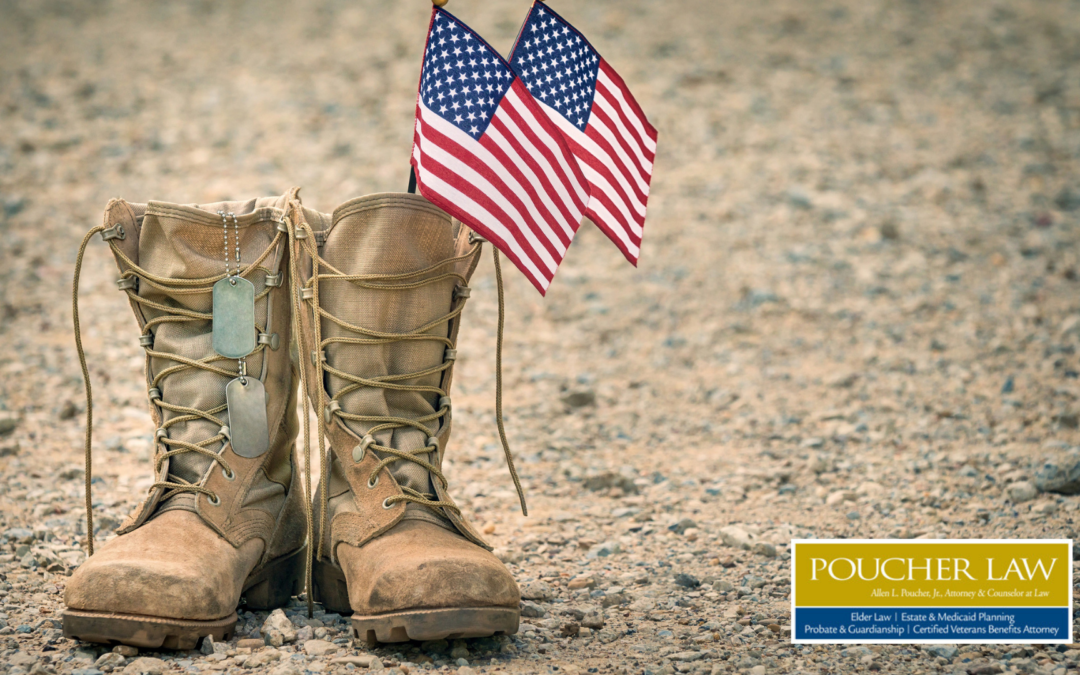When it comes to planning for a future that includes long-term care, many Florida seniors are concerned about how they will find a way to pay for the care they need.
From home health care to assisted living facility care to skilled nursing facility care, the monthly amount can substantially increase based on what is needed on a daily basis. Unfortunately, the majority of this type of care is not covered under Medicare or traditional supplemental insurance policies.
As an example of long-term care costs in Florida last year:
– A home health care aide averaged $3,900/month
– An assisted living facility per month averaged $3,500
– A semi-private room in a nursing home averaged approximately $8,150/month
according to the Genworth Cost of Care survey. Most Florida seniors today do not have the income or assets on hand to be able to continue to afford this care on top of their monthly expenses.
What can we do to help Florida seniors?
In our firm, we work with Florida seniors and their loved ones to develop a long-term care plan to help them become eligible to access benefits such as Medicaid to help pay for this care. Fortunately, for wartime veterans and their dependents there are also additional resources to pay for this care in the form of VA Pension.
The VA Pension program provides monthly, tax-free income to veterans with a qualifying service record. This program is not associated with a service-connected injury or disability. The benefits are, instead, tied to the veteran’s service record. The amount can be increased from basic pension to pension with a housebound allowance or pension with aid and attendance benefits, and used to pay for long-term care inside or outside the home. It is also available to the surviving spouse of the veteran.
How can you access these benefits? Let us share three tips that we share with our clients, friends, family, and community professionals, to help you.
1. Get your military service information together. To be eligible for benefits, the veteran must have 90 days of active military service with one day during a period of war. He or she must also have been discharged under conditions that were other than dishonorable. The VA will require a DD-214 to verify the veteran’s service record. If you do not have it, you may click this link to contact the VA and request a copy of your service record.
2. Know how the changes to the rules could impact you. The eligibility rules for this program were changed last year on October 18, 2018. Before this date, there was no set amount of countable assets that the veteran, or his or her surviving spouse, could own. For 2019, however, the new rules created a limit so that the veteran may only have $126,240, less excluded assets. This figure is expected to change each year with a cost of living adjustment similar to the Social Security program.
3. Work with a VA accredited attorney. The VA Pension program rules also were changed to incorporate a “look back” period. This is a period of the time during which the veteran’s bank records may be reviewed to determine if he or she gave away money that could have been used to support the veteran. This is similar to the current Florida Medicaid program, although it will operate slightly different. There are many who claim to understand this program, however, you should consider working with a VA Accredited Attorney who will be able to both explain these rules and help you determine if you are eligible for benefits.
We know this article may raise more questions than it answers for you when it comes to helping your Florida Senior.
Do not hesitate to contact our office to schedule a meeting to have your questions answered. We are your local community elder law firm here to help you in the Jacksonville area.

